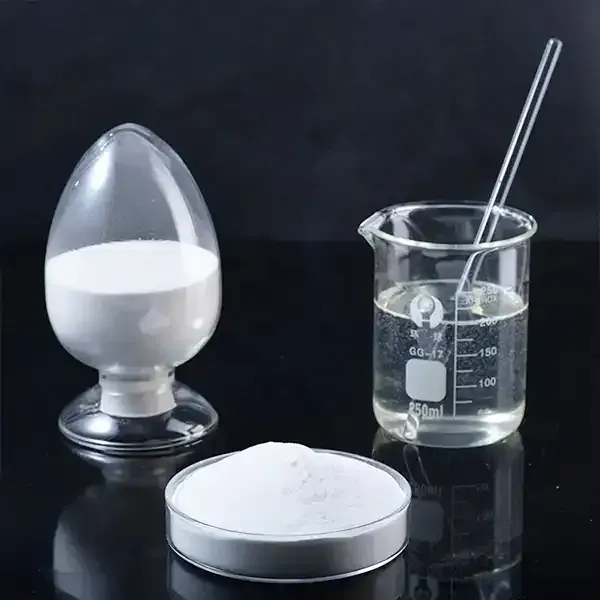Hydroxyethyl Cellulose A Versatile Polymer in Modern Applications
Hydroxyethyl cellulose (HEC) is a water-soluble polymer derived from cellulose, a natural polymer abundantly found in plant cell walls. This modified cellulose has garnered significant attention across various industries due to its remarkable properties, including its ability to form gels, stabilize emulsions, and serve as a thickening agent. In this article, we will explore the origins of hydroxyethyl cellulose, its production process, and its diverse applications in today’s market.
Origins and Production of Hydroxyethyl Cellulose
HEC is produced by the etherification of cellulose using ethylene oxide in the presence of an alkaline catalyst. The process involves the reaction of hydroxyl groups in the cellulose structure with ethylene oxide, leading to the introduction of hydroxyethyl groups. This modification enhances the solubility of cellulose in water and alters its rheological properties, making it suitable for various applications. The degree of substitution, which refers to the number of hydroxyl groups replaced by hydroxyethyl groups, is a crucial factor that influences the characteristics of the final product.
Properties of Hydroxyethyl Cellulose
The unique properties of hydroxyethyl cellulose make it an outstanding candidate for several applications. One of its most significant features is its viscosity-modifying capability. HEC solutions exhibit pseudoplastic behavior, meaning they become less viscous when subjected to shear stress. This property is especially beneficial in applications requiring easy application and spreadability, such as in personal care products and paints.
Moreover, HEC is non-ionic and does not interact with other ionic substances, which lends it stability in a variety of formulations. It is also biodegradable and considered environmentally friendly, making it a preferred choice in sustainable product development.
hydroxyethyl cellulose

Applications of Hydroxyethyl Cellulose
In the cosmetic and personal care industry, HEC is widely used as a thickening agent in products such as shampoos, conditioners, lotions, and gels. Its ability to improve the texture and flow of these formulations enhances the user experience. Furthermore, HEC acts as a film-forming agent, helping products adhere better to the skin or hair.
In the pharmaceutical field, HEC is employed as a binder in tablet formulations and as a drug release modifier in controlled-release systems. Its ability to swell upon contact with water allows for a gradual release of active ingredients, optimizing therapeutic effects.
The construction industry also benefits significantly from hydroxyethyl cellulose. It is commonly used in cement-based adhesives, mortar, and grouts, where it improves workability, enhances water retention, and prevents segregation of the components. These properties are essential for achieving durable and long-lasting construction materials.
In the food industry, HEC serves as a stabilizer and thickener in sauces, dressings, and dairy products. It helps maintain the texture and consistency of food items, contributing to an enjoyable sensory experience for consumers.
Conclusion
Hydroxyethyl cellulose is a multifunctional polymer with a plethora of applications across diverse industries, from cosmetics to construction and pharmaceuticals to food production. Its unique properties, coupled with its environmentally friendly profile, position HEC as a valuable ingredient in the formulation of high-quality products. As modern industries continue to innovate and prioritize sustainability, the relevance and importance of hydroxyethyl cellulose are likely to grow, securing its place as an indispensable component in various formulations. Whether it is enhancing the performance of personal care products or improving the integrity of construction materials, HEC stands out as a versatile and efficient polymer in today’s market.
-
Premium Detergent Grade HPMC Hydroxypropyl Methylcellulose: Superior Thickening & StabilityNewsAug.31,2025
-
HEC 100000 Hydroxyethylcellulose for Paint | Superior ThickeningNewsAug.30,2025
-
Wall Putty Rdp Powder Packaging DesignNewsAug.29,2025
-
Introduction to Hpmc Hydroxypropyl Methyl CellulosNewsAug.29,2025
-
Hpmc Industri Grade IntegrationNewsAug.29,2025
-
How to Choose the Right Construction AdhesiveNewsAug.29,2025




